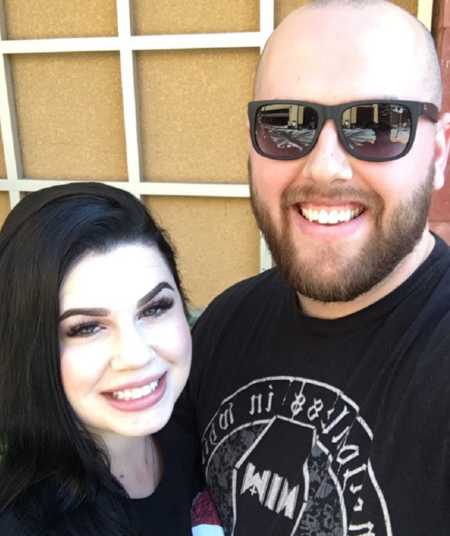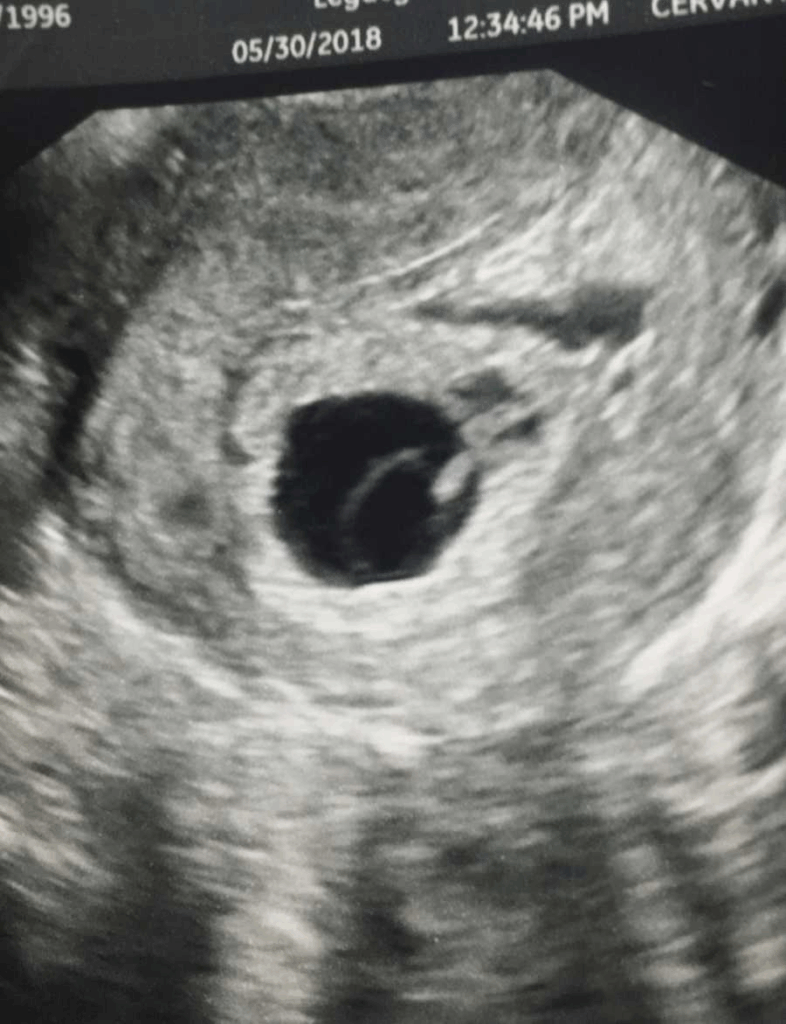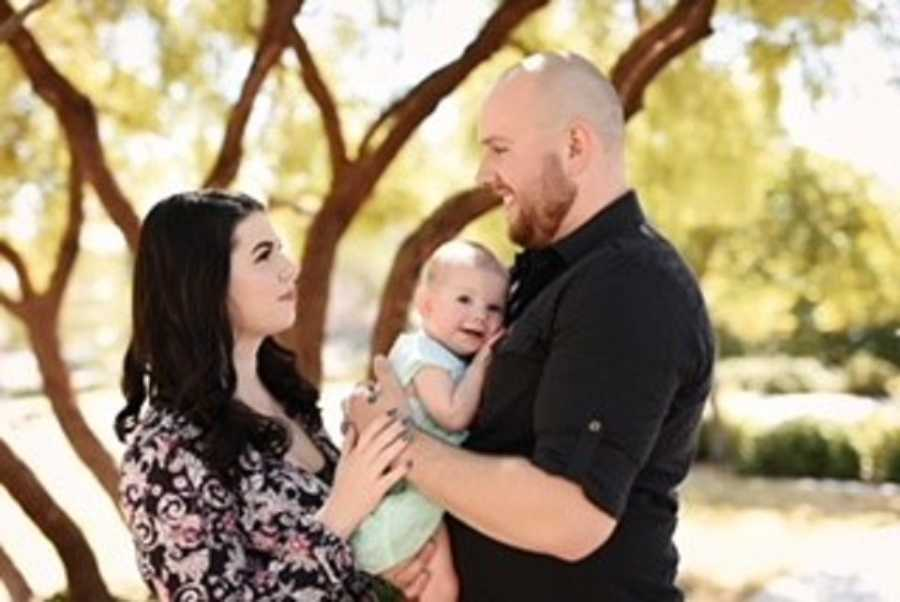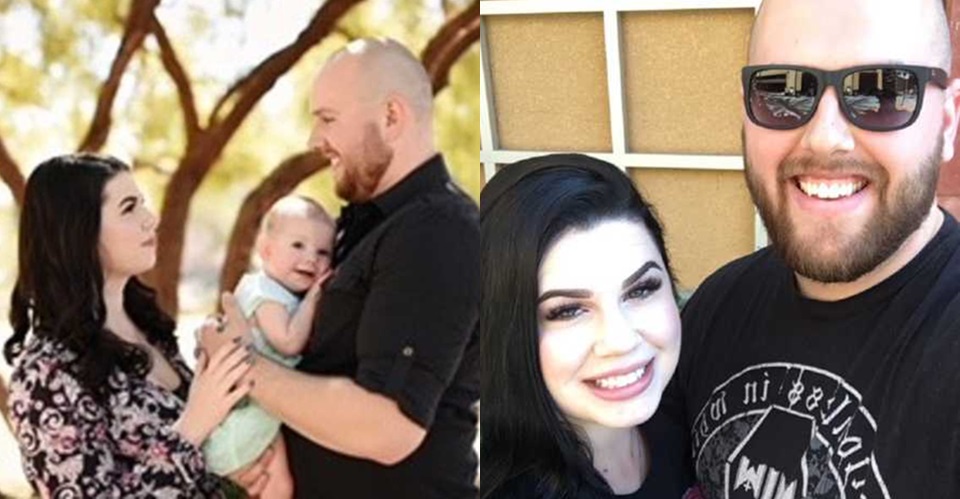Berkley had been thrilled when she saw the faint pink lines appear. She and her husband had dreamed of two children close in age, the kind who’d grow up sharing toys and secrets, maybe even fighting over silly things like crayons and snack cups. Their daughter was still little, and now another baby was on the way. Life felt full.
She made the first doctor’s appointment at around five weeks, the usual bloodwork, the ultrasound to confirm things were progressing. She and her husband walked into the exam room that day nervous but giddy. Then came words no parent ever wants to hear: “There’s nothing there.” The doctor called it a blighted ovum. A sac had formed but no baby inside, she explained. Berkley stared at the screen, trying to make sense of how she could be pregnant without actually having a baby. Shock, confusion, grief, all piled up in the same instant. Her husband held her hand while the doctor talked about taking medication to “help things pass.”

She went home that day with a prescription and swallowed the pill. The bleeding started almost immediately, cruelly timed right over Mother’s Day weekend. What should have been a time of flowers and hugs from her toddler became a blur of pain and loss. Two weeks later, at the follow-up, Berkley expected another ultrasound, maybe more bloodwork, some kind of reassurance. Instead, the doctor brushed it off. “I just wanted to see how you were doing emotionally,” she said. Something about that didn’t sit right. Berkley still felt pregnant, her body sending signals that didn’t match the story she had been told.
She finally reached out to a friend who worked at another OB-GYN office. That one call changed everything. They brought her in the next day, ran bloodwork, and called back with startling results: her pregnancy hormones were still extremely high, much too high for what the first doctor had described.

Back to the ultrasound table she went, her heart pounding this time for a different reason. Fear and hope clashed in her chest. Maybe it was a twin, maybe an ectopic pregnancy, maybe something else entirely. The transvaginal ultrasound revealed what the first one had missed. There was a baby. About six weeks along. But there was no heartbeat.
Berkley couldn’t breathe for a moment. She had already mourned once, and now she was losing the baby all over again. The grief came in waves, anger riding alongside it. How could the first doctor have missed something so important? How could she have been sent home with medication, convinced her pregnancy was over, when her baby had been right there all along? Her husband was furious, but Berkley mostly felt hollow. Days later, her body let go naturally, and she passed the pregnancy that had once brought her so much hope.
Some days she feels almost okay. Other days the sadness sneaks up, when she sees posts from women who shared her due date, now posting gender reveals and baby bump photos. She scrolls and wonders what her own baby might have looked like. The guilt still comes too, whispering that she should have insisted on more testing, that she should have trusted her gut sooner. Yet she also knows this wasn’t her fault. The real mistake was the system that failed her, the doctor who didn’t double check, the lack of follow-up when the signs didn’t add up.

Berkley began researching and discovered an entire website dedicated to stories of misdiagnosed miscarriages. She wasn’t alone. Many parents had been through the same heartbreak, many never even realizing what might have been missed. That’s why she speaks out now. To tell others what she wishes she had known: get a second opinion, ask the extra questions, trust your instincts when something feels off.
Her baby may never have taken its first breath, but that doesn’t mean the little life didn’t exist. Not a day goes by that she doesn’t think about what was lost, what could have been. Sharing her story is her way of saying to others in the same storm, “You aren’t crazy, and you aren’t alone.”











